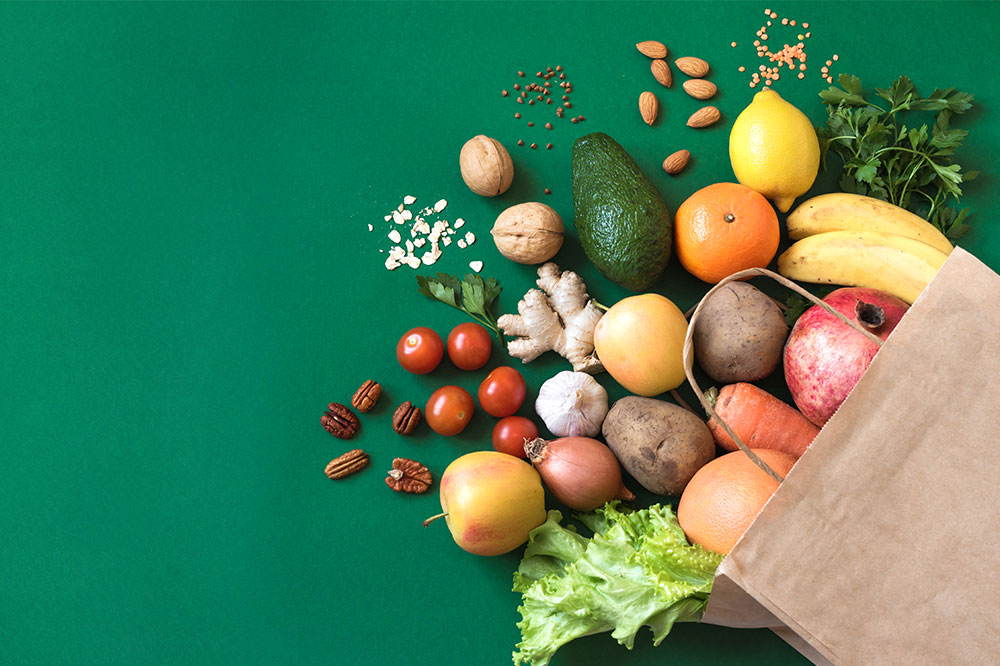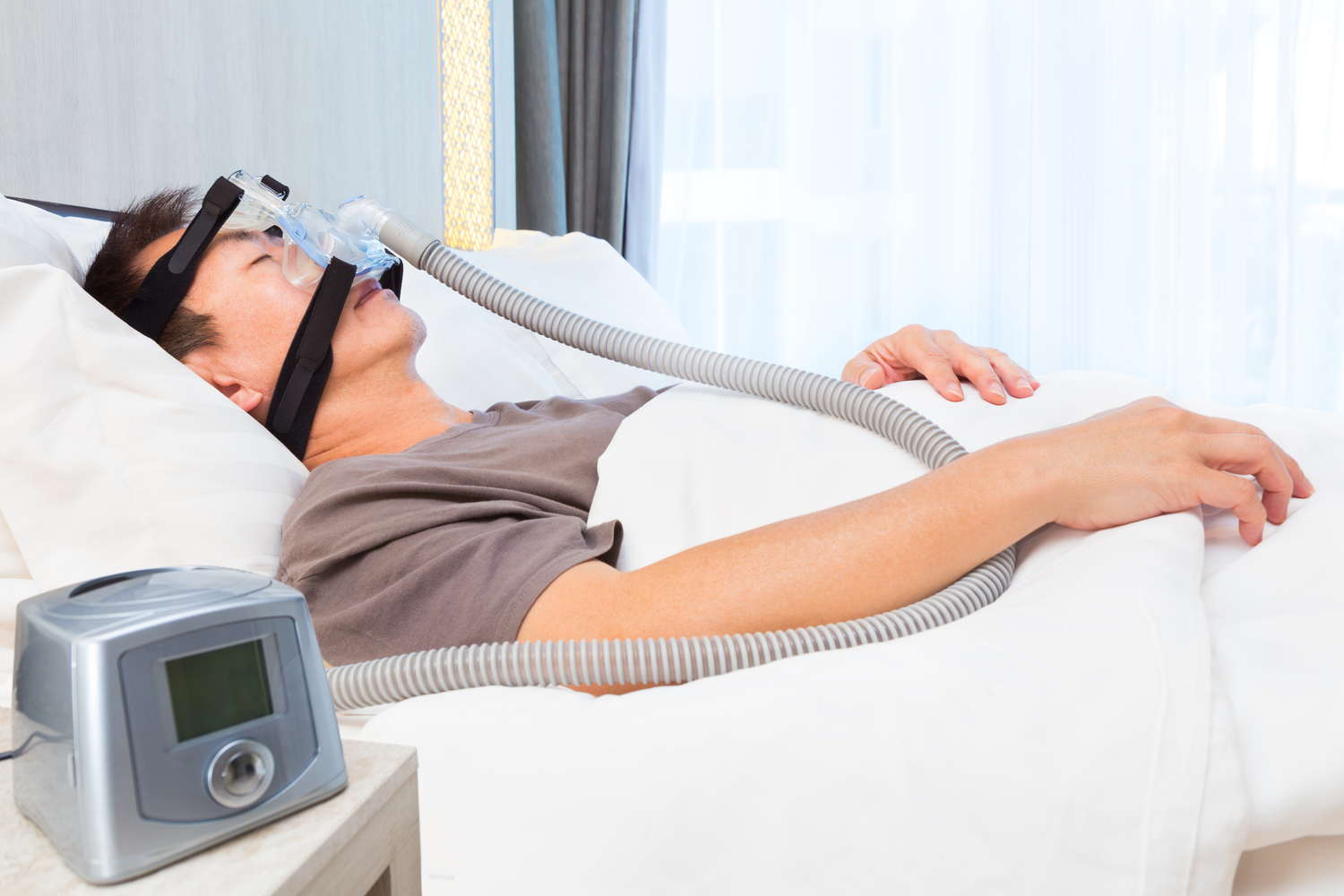Effective Diet Strategies to Reduce Sleep Apnea Symptoms
This article explores how dietary choices can help alleviate sleep apnea symptoms. Focusing on foods rich in melatonin, omega-3 fatty acids, tryptophan, calcium, and B6, it emphasizes the importance of healthy eating patterns to support weight management and improve sleep quality. While not a substitute for medical treatment, nutritional strategies can be a valuable complement in managing sleep apnea effectively.
Nutritional Approaches for Managing Sleep Apnea
Sleep apnea is a disorder characterized by repeated interruptions in breathing during sleep. The two primary types are obstructive sleep apnea (OSA) and central sleep apnea, with OSA being the most frequent. OSA occurs when throat tissues collapse, blocking the airway. Currently, no medications are proven to cure sleep apnea. Common treatments include lifestyle modifications, weight loss, and devices like Continuous Positive Airway Pressure (CPAP), which keeps airways open using a mask connected to a machine.

Since CPAP equipment can be costly, many look to dietary changes to manage symptoms.
Using Nutritional Strategies for Sleep Apnea Relief
Over 60% of those with sleep apnea are overweight or obese. Adopting a balanced diet aimed at gradual weight reduction can help lessen symptoms naturally, reducing dependence on expensive devices. Experts advise emphasizing long-term, healthy eating patterns over quick fix diets.
Certain foods naturally promote better sleep and may ease sleep apnea symptoms.
Key Nutrients and Food Choices for Sleep Quality
Foods Containing Melatonin
Melatonin, the sleep hormone, helps regulate your internal clock and improve sleep quality. While supplements are available, many fruits and vegetables contain natural melatonin. Tart cherries are particularly rich in this hormone and may aid sleep. Other sources include nuts like walnuts, almonds, cashews, pistachios, along with corn, asparagus, grapes, broccoli, tomatoes, and pomegranates.
Omega-3 Fatty Acids
Omega-3s support melatonin production and can enhance sleep duration and quality. Fatty fish such as salmon, mackerel, sardines, anchovies, and herring are excellent sources. Vegetarian options include walnuts, flaxseeds, chia seeds, and soybeans, offering plant-based Omega-3s.
Tryptophan-Rich Foods
Tryptophan, an amino acid that converts into serotonin and then melatonin, is abundant in turkey. It’s also found in seafood, nuts, legumes, grains, bananas, and dairy products like milk, cheese, and yogurt.
Calcium-Rich Foods
Calcium supports melatonin synthesis. Dairy products such as milk, yogurt, and cheese are primary sources, especially low-fat varieties. Dark leafy greens like spinach, kale, and turnip greens, along with fortified grains, also provide calcium, aiding sleep and overall health.
Whole Grains
Whole grains offer fiber and vital nutrients that aid digestion and weight management. Incorporating foods like whole wheat bread, oats, brown rice, and barley can help reduce sleep apnea symptoms by supporting healthy weight and improving sleep quality.
Foods High in Vitamin B6
Vitamin B6 facilitates the conversion of tryptophan into melatonin, supporting sleep and mood regulation. Nutrient-rich options include pistachios, sunflower seeds, eggs, bananas, salmon, chicken liver, and chickpeas. Consuming these foods can promote relaxation and restful sleep.
Important Reminder:
This article provides general health advice based on current research. While dietary modifications can assist in managing sleep apnea, they should not replace medical treatment. Always seek guidance from healthcare professionals before making significant lifestyle changes. Our content aims to inform but does not substitute personalized medical advice. We are not responsible for inaccuracies or variations in other sources.


